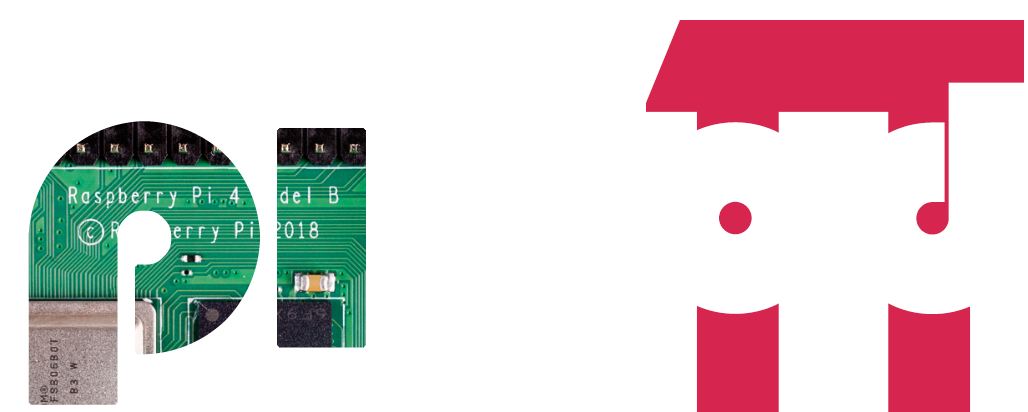It’s always nice when you see an engineering project that attempts to really help people, and this is one of the best I’ve come across.
A recent hackathon, hackABILITY, brought together teams to concentrate on providing solutions to disabled people. One team of the seven that competed, AIDex, came together to use AI and speech recognition to help tetraplegics carry out specific tasks, with specific reference to one of their own team, Deborah Kennard who is herself a tetraplegic. The team, led by Tom Burgmann, used the engineering.com projects site to brainstorm and storyboard their ideas. As Burgmann said:
We wanted to go from a custom, expensive, service-heavy system to something that’s an off-the-shelf consumer product.
The whole set-up comprises the following components:
- Raspberry Pi 3B
- 16GB Micro SD Card
- Raspberry Pi 3 Enclosure
- Dual Microphone Mic-hat from Seeed Tech
- External Speaker
- 5V Power Source/Charger Battery Pack
- Custom MicHead Assembly
- 8 RGB LED Indicator Strip
- 3D Printed Enclosure with Gooseneck Mounting
The Pi runs Raspbian and is programmed with modules in Java, Python and C with an analytics hub hosted on the Microsoft Azure platform. After evaluating and costing out a variety of solutions, the team eventually settled on the Amazon Alexa Software Development Kit and created their first ‘skill’ called AIDrian.
One of the key things that the team wanted to address was how to enable Kennard to contact the emergency services. For this, they added a time-of-flight sensor to the microphone mouthpiece. If she opens and closes her mouth three times, Alexa will ask her if she wants to make an emergency call. If she repeats the action, Alexa connects her to the emergency services.
The great thing about this project is that it brings the cost of a solution down from around $10,000 to easily less than $1,000. The team’s next step is to take it from this prototype to a fully working, reproducible product.
You can read more about the project over at engineering.com and via the links in the above article.
Image from the AIDex Team








